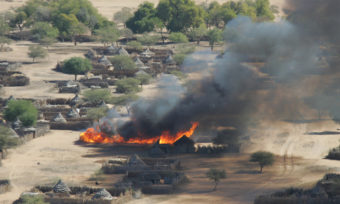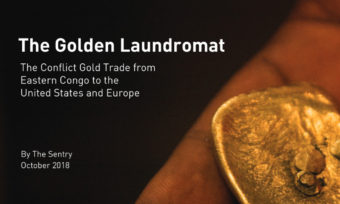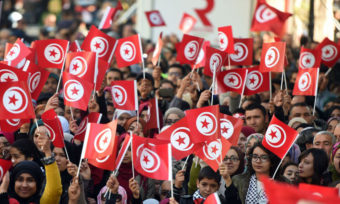A few months ago, we wrote an editorial about the bewildering (to say the least) lift of U.S sanctions on Sudan in: Sudan: From Darfur and chemical attacks to European partnership and U.S collaboration.
In a recent article published on U.S. News & World Report website, John Prendergast (founding director of the Enough Project and co-founder of The Sentry) and Ian Schwab (director of advocacy and impact strategy at the Enough Project) explain the (many) reasons why the sanctions on Sudan must stay.
Last week, at least five peaceful protesters in Darfur were killed by Sudanese security forces at the Kalma refugee camp. The killings took place before a provocative attempt by war crimes-indicted head of state President Omar al-Bashir to visit the camp and paint a picture of life in his country at odds with the reality of millions living in camps and caves; they are in reality desperately reliant on humanitarian assistance that is often obstructed by Bashir’s government and are continuously under the threat of government-sponsored atrocity crimes.
The people living in the Nuba Mountains suffer the same fate, as reported daily by the Nuba Reports. The dire situation is also very well depicted in The Heart of Nuba documentary by Ken Carlson some of you have seen at the event we organized last year in Paris, about Dr. Tom Catena’s work at the Mother of Mercy Hospital in Sudan’s war-torn Nuba Mountains.
Despite Sudan’s long and well-documented history of persecuting Christians and other religious and ethnic minorities, the timing of these killings is especially surprising, as the Bashir regime is engaged in a full-court press to lift long-standing U.S. sanctions, including hiring Washington power-lobbyists Squire Patton Boggs to sell its case to the Trump administration.
Last month we signed, along with 130 Sudanese and other human rights organizations, a letter from Act for Sudan sent to Mark J. Ruehlmann, CEO, Squire Patton Boggs asking him to take a stand and refuse to represent the government of Sudan. You can read the letter on this page.
During President Barack Obama’s final year in office, his administration sought to improve Sudanese behavior along five tracks of engagement. Before leaving office, Obama temporarily suspended the sanctions, and now the Trump administration will decide in the next month whether to make that decision permanent. But progress – particularly on the conflict and humanitarian tracks – has been limited, most egregiously with the regime continuing to obstruct the delivery of humanitarian aid to millions of Sudanese civilians trapped in active war zones.
Last month again, we also signed with more than 20 other organizations, the letter by The African Centre for Justice and Peace Studies (ACJPS) regarding the human rights situation in Sudan addressed to the Permanent Representatives of Members and Observer States of the UN Human Rights Council. You can read it on this page.
The conclusion to the article from John Prendergast and Ian Schwab is clear: ‘Because when the spotlight is off, as the people of Darfur and South Sudan know all too well, the prospects for those whom the Sudan government has in its crosshairs are bleak.‘
Read full article here.








